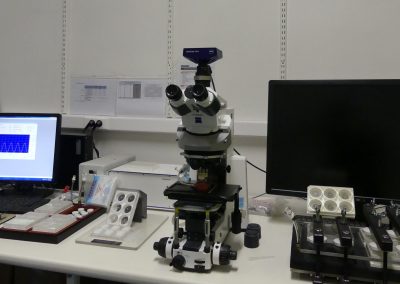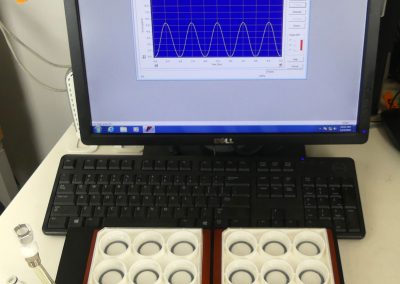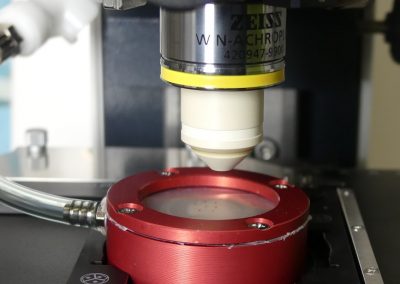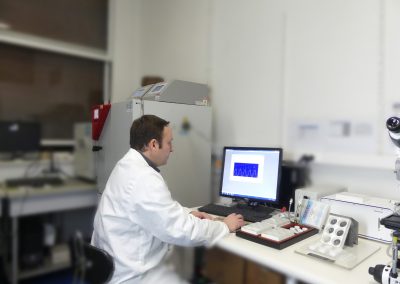Mécanobiologie
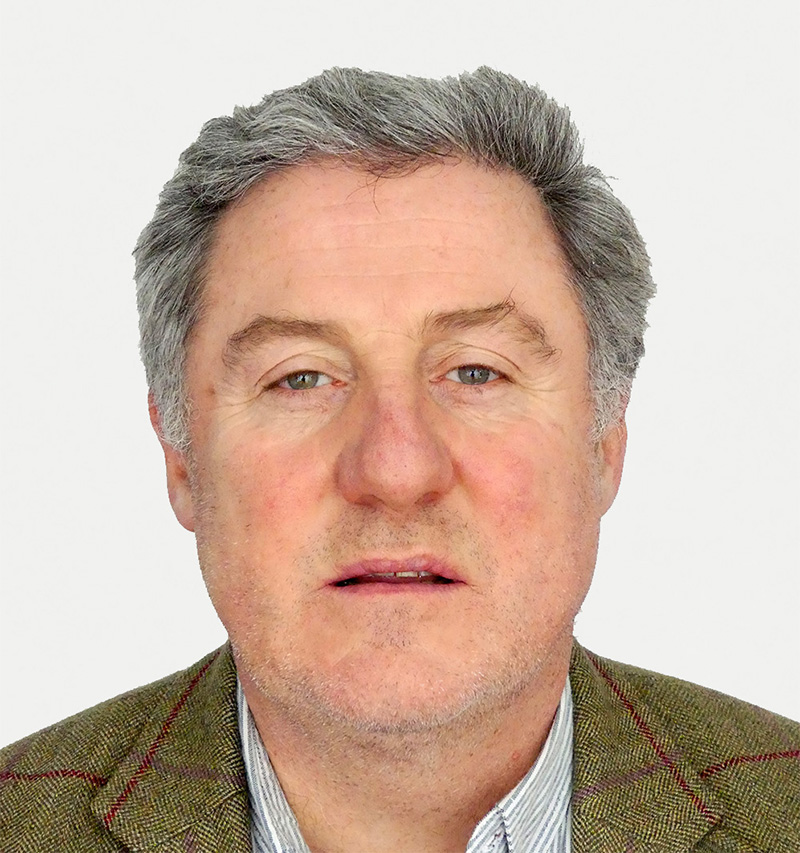
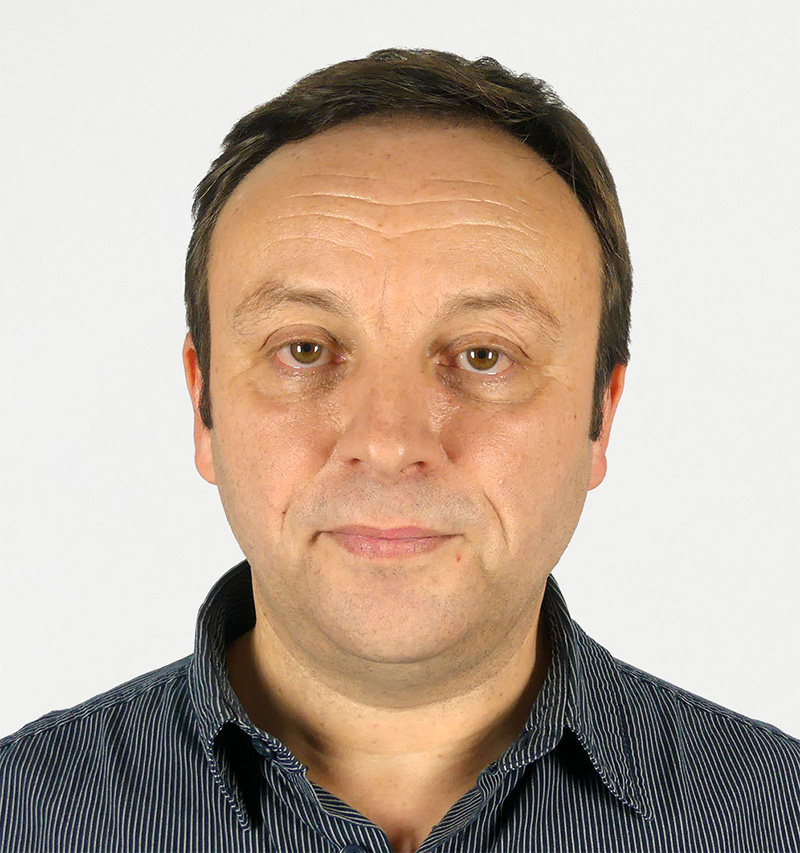

Cells are able to respond to biological signals such as growth factors, hormones and cytokines. They also can respond to mechanical stimuli.
In vivo, through their extracellular matrix, cells are subjected to mechanical stresses such as stretching, compression or shearing.
Cells are able to detect these mechanical signals and provide adaptive responses. It is the mechanotransduction process, the transformation of a mechanical signal applied to a cell into a biological signal, that provides these adaptive responses.
These adaptive responses are biochemical and/or morphological. They can be rapid or delayed. Mechanotransduction occurs during diverse functions such as locomotor functions, heart, vascular, neurosensory… It assists in the maintenance of the integrity of tissues. Any dysfunction of the mechanotransduction leads to pathologies such as osteoarthritis or osteoporosis in the case of locomotor function.
The Mechanobiology Platform allows to study cell mechanotransduction by modeling it in vitro. Mechanical constraints can be applied to 2D or 3D biological models to mimic physiological, pathological, deleterious, traumatic or accidental situations. The aim is to analyze the adaptive responses of these models in order to identify and monitor the regulation of mediators and the different actors of the mechanotransduction signaling pathways. The results will help to identify potential therapeutic targets or biomarkers.
2D biological models can be cell cultures or organotypic cultures. 3D biological models can be tissues or cells cultured in an artificial matrix.
Diverse areas of research are currently under exploration on the Mechanobiology Platform. They concern joint diseases (arthritis, osteoarthritis, low back pain), consequences of cranio-cerebral trauma, bone adaptation to mechanical stresses, motor neuron diseases, as well as the development of ex vivo tissue engineering activities.
François RANNOU (PU-PH1), a specialist in cell mechano-transduction, is the scientific leader. François ETIENNE (IEHC), a physicist specialized in the field of mechanical signals, is the operational manager. Didier BORDERIE (PU-PH2), specialist in oxidative stress, is an associate member. The Mechanobiology Platform provides the academic and private scientific communities advanced expertise in the field of mechanotransduction.

